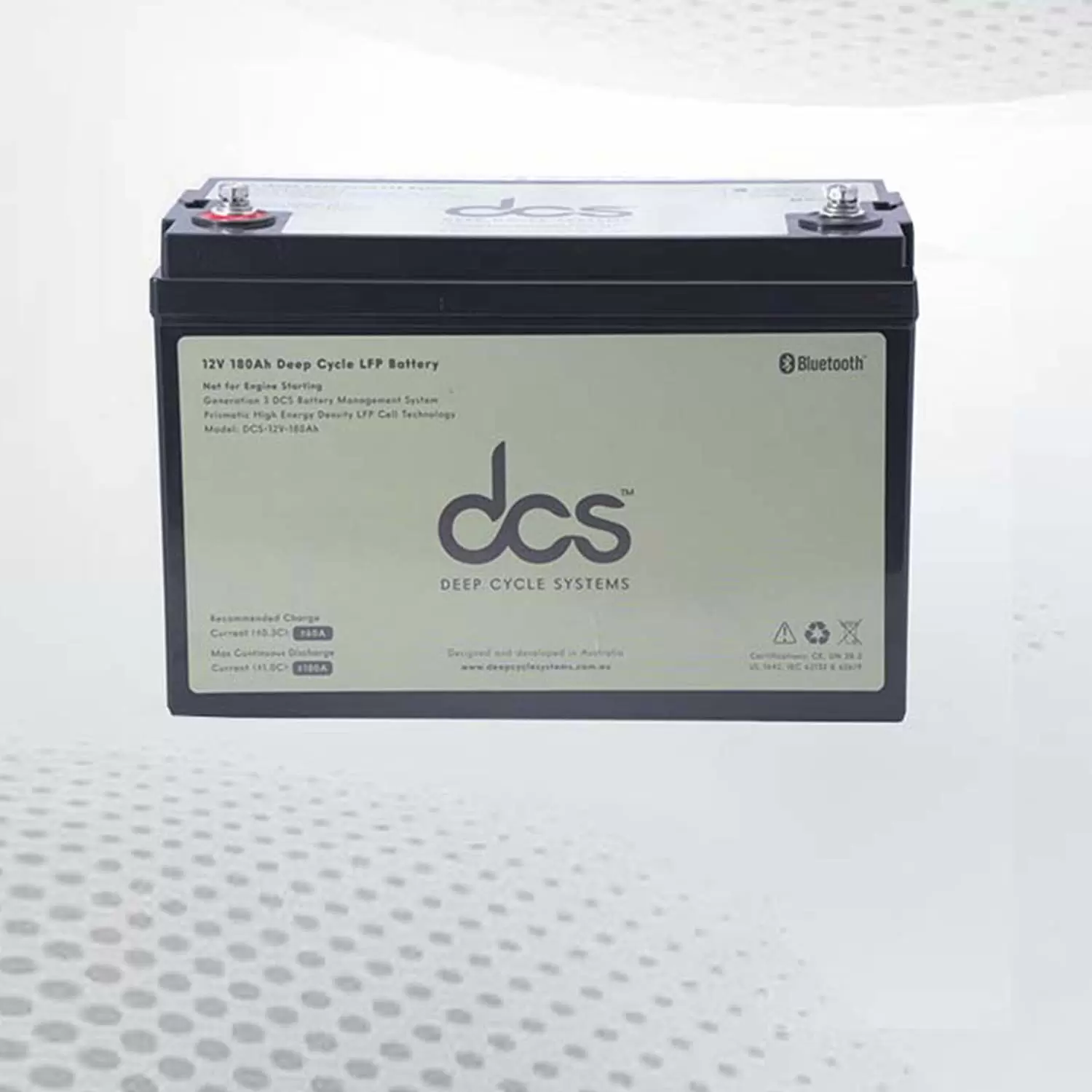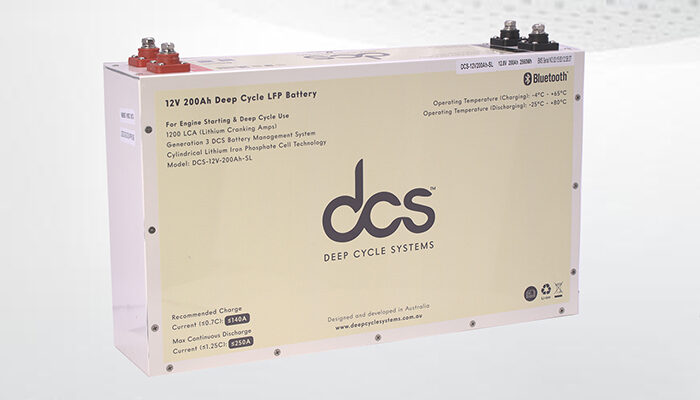If you own a 2003 Honda Accord, you likely cherish its reliability and performance. However, even the most dependable vehicles can face challenges as they age. One critical component that often goes unnoticed until it’s too late is the 03 Accord Alternator. This essential part keeps your car running smoothly by charging the battery and powering electrical systems. When it starts to fail, it can lead to issues that may leave you stranded or dealing with costly repairs.
Common Symptoms of a Failing Alternator
A failing alternator in your 2003 Honda Accord can manifest through various symptoms. Awareness of these signs is crucial for maintaining your vehicle’s health and performance.
One of the most noticeable indicators is the dashboard’s weak battery warning light. If this light flickers or remains illuminated, it’s time to investigate further. This signal often indicates that the alternator isn’t charging properly.
Another common symptom is dimming or flickering headlights. When you notice your lights fluctuating brightness while driving, it could point to an alternator issue. A healthy alternator should provide consistent power to all electrical components.
Strange noises from under the hood may also be a red flag. You might hear grinding, whining, or squealing sounds near the alternator’s location. These noises can indicate wear and tear on internal parts or issues with mounting belts.
If you experience sudden electrical malfunctions – like windows struggling to roll down or radio static – it’s worth checking your 03 Accord’s alternator. Electrical problems often stem from insufficient power supply due to a malfunctioning unit, leading you closer to identifying potential issues before they escalate.
Warning Lights: What the Dashboard Indicators Mean
Understanding the Purpose of Dashboard Warning Lights
Dashboard indicators are crucial for alerting you to potential problems in your 2003 Honda Accord. Paying attention to these signals helps prevent more severe issues.
Key Signs of Alternator Issues: The Battery Warning Light
The battery warning light, shaped like a battery or labeled “ALT,” indicates alternator problems. If it illuminates, your alternator may not be charging properly.
The Check Engine Light and Its Connection to Alternator Problems
Although the check engine light can signify various issues, a failing alternator is a potential cause. Prompt diagnostics can pinpoint the problem.
Additional Electrical Warnings to Watch For
Other lights, such as the brake system warning or indicators related to electrical components, may signal alternator-related issues when combined with other symptoms.
The Importance of Acting on Dashboard Alerts
Ignoring warning lights can lead to unexpected breakdowns and expensive repairs. Addressing these warnings promptly ensures your Accord remains safe and reliable.
Dimming or Flickering Headlights: A Sign of 03 Honda Accord Alternator Trouble
Dimming or flickering headlights in your 03 Honda Accord Alternator can be frustrating. These symptoms often point to electrical issues, and the alternator may be at fault. When your alternator struggles, it cannot supply enough power to keep all electrical components functioning smoothly.
If you notice that your headlights dim when you accelerate or brighten when you decelerate, this fluctuation could indicate an insufficient charge from the alternator. It’s as if your car’s electrical system is gasping for breath. This inconsistency affects visibility and raises concerns about overall vehicle safety.
Sometimes, the problem manifests as flickering lights at idle or low speeds. If you find yourself squinting through sudden bursts of brightness, paying attention to these signs before they escalate into more significant issues is essential.
Headlight problems might seem minor compared to other engine troubles, but ignoring them can lead to a breakdown on the road. Trusting in your vehicle’s reliability means addressing any odd behaviour promptly.
Regular maintenance checks can help catch these warning signs early on. Consistent headlight performance is crucial for safe driving in various conditions; don’t let a failing alternator compromise that aspect of your 03 Accord’s functionality.
Strange Noises Coming from the 03 Honda Accord Alternator Replacement Area
If you start hearing strange noises coming from the 03 Honda Accord Alternator Replacement, it’s time to pay attention. These sounds can be a red flag that something isn’t quite right with your vehicle’s electrical system.
A grinding or whining noise often indicates worn bearings inside the alternator. As these components deteriorate, they struggle to function properly, increasing friction and, ultimately, more noise. If left unchecked, this could lead to complete failure.
Another sound you might notice is a rattling or clicking noise. This could signify loose internal parts within the alternator itself. When components are not securely fastened, they can move around and create unsettling sounds as you drive.
Recognizing a failing alternator in your 2003 Honda Accord can prevent unexpected breakdowns. Awareness of the symptoms allows timely intervention and prevents more extensive damage.
Please pay attention to the warning lights on your dashboard; they serve as crucial indicators of your vehicle’s health. If the battery or alternator light illuminates, it’s time to investigate further.
Dimming or flickering headlights aren’t just annoying—they could signal that your alternator struggles to provide consistent power. Please don’t ignore these signs; they often precede larger issues.
Belt-related noises may also emerge if there’s an issue with the serpentine belt that drives the alternator. A frayed or cracked belt can cause slippage and produce squealing sounds when accelerating or under load.
Please don’t ignore these warning signals from your car; they could indicate impending issues that require immediate attention. Catching problems early helps avoid costly repairs while keeping your 03 Accord running smoothly.
Electrical Malfunctions and Power Issues
When your 2003 Honda Accord starts exhibiting electrical malfunctions, it could indicate a failing alternator. The alternator is responsible for charging the battery and powering various electrical components in your vehicle. You may notice minor inconveniences or major power failures if it’s not functioning properly.
One of the first signs to watch for is erratic behaviour in electronic systems. This might manifest as windows that move slowly or fail to operate altogether or even an audio system that cuts out unexpectedly. Such irregularities suggest that the alternator isn’t supplying enough voltage.
You may also experience problems starting your vehicle. A weak or dead battery can lead to frustrating scenarios where the engine cranks but doesn’t start reliably. Inconsistent performance indicates an underlying issue with how energy flows through your car’s electrical system.
Dashboard features like GPS and infotainment screens might flicker or shut off entirely when power issues stem from a faulty alternator. These symptoms often create additional stress while driving and signal deeper concerns about electrical integrity.
Pay attention if you frequently reset digital displays or deal with malfunctioning lights inside and outside your Accord. These occurrences may seem trivial at first but serve as crucial warnings regarding the health of your 03 Accord alternator.
The Role of the Battery in 2003 Accord Alternator Health
The battery and 2003 Accord Alternator work together to keep your 03 Accord running smoothly. While the alternator generates electricity, the battery stores it for when you need it most. A healthy battery ensures that your alternator can function at peak performance.
When a battery fails, it can create extra strain on the alternator. If the battery isn’t holding a charge or has weak cells, the alternator may have to overwork itself to compensate for this deficiency. This could lead to premature wear and tear on both components.
Conversely, if you’re dealing with an unreliable alternator, it might not provide enough power to recharge the battery properly. An undercharged battery will struggle during start-up and other electrical demands while driving. This cycle can spiral downwards quickly if one part isn’t functioning correctly.
Regular maintenance of both parts is crucial for longevity and reliability. Checking connections and ensuring there are no corrosion issues helps maintain good communication between the two systems.
If you’re experiencing symptoms related to either component—like those pesky dashboard lights—it’s essential to focus on one and assess both together for optimal vehicle health.
How to Test the 2003 Honda Accord Alternator for Proper Function
Testing the 2003 Honda Accord Alternator ensures your vehicle runs smoothly. A simple way to start is by checking the battery voltage with a multimeter. First, ensure the car is off and connect the multimeter leads to the battery terminals—red on positive, black on negative.
A healthy battery should read about 12.6 volts when fully charged. If it’s lower than this, you may need to charge or replace it before testing further. Next, start your engine and measure again; a functioning alternator will typically produce between 13.7 and 14.7 volts while running.
If you notice that voltage doesn’t increase or falls below these numbers during operation, this could indicate an issue with your alternator output. Additionally, observe any fluctuations in voltage as you rev up the engine—consistent readings are what you’re looking for here.
Another effective test involves listening closely while someone else revs the engine; if there’s noticeable noise from the alternator area like grinding or whining sounds, that’s often a red flag indicating wear or failure.
Consider using an OBD-II scanner to check for any error codes related to charging issues that can help pinpoint problems within your electrical system.
Conclusion
Recognizing a failing alternator in your 2003 Honda Accord can prevent unexpected breakdowns. Awareness of the symptoms allows timely intervention and prevents more extensive damage.
Please pay attention to the warning lights on your dashboard; they serve as crucial indicators of your vehicle’s health. If the battery or alternator light illuminates, it’s time to investigate further.
Dimming or flickering headlights aren’t just annoying—they could signal that your alternator struggles to provide consistent power. Please don’t ignore these signs; they often precede larger issues.
FAQs
What is the role of an alternator in my Honda Accord?
The alternator generates electricity to power all electrical components while charging the battery. It ensures your vehicle runs smoothly and efficiently.
How often should I replace my alternator?
Typically, an alternator lasts between 80,000 to 150,000 miles. However, factors like driving conditions and maintenance can affect its lifespan. Regular checks can extend its performance.
Can a failing alternator damage my battery?
Yes, a malfunctioning alternator can lead to overcharging or undercharging your battery. This strain may cause premature failure of both components.
Is it safe to drive with a bad alternator?
Driving with a failing alternator is risky. You might experience unexpected power loss or complete breakdowns on the road. If symptoms arise, it’s best to get it checked immediately.
| Related Business Listings |
| Contact Directory |
| Local Business Profiles |




